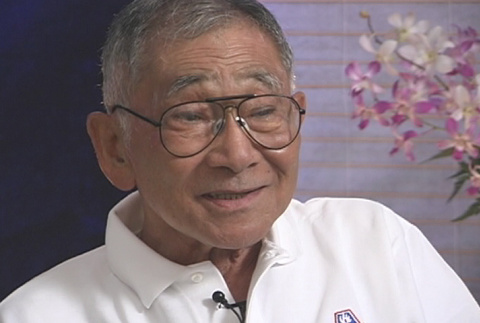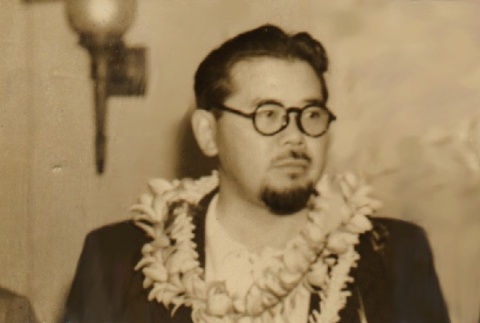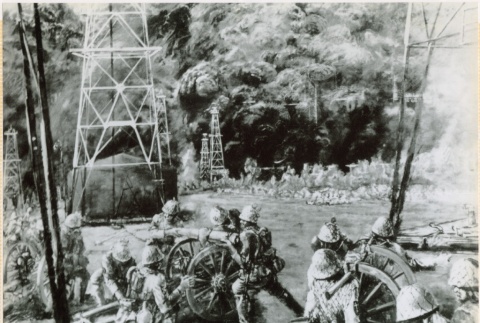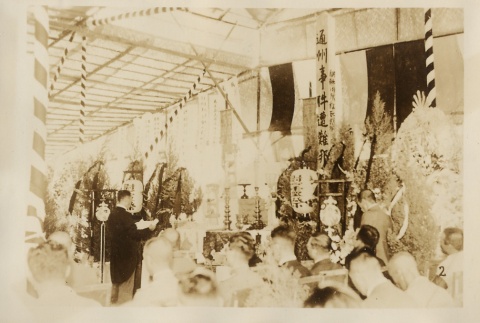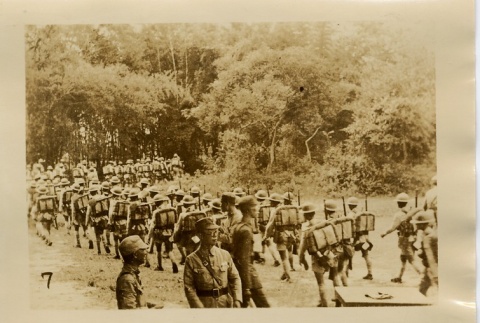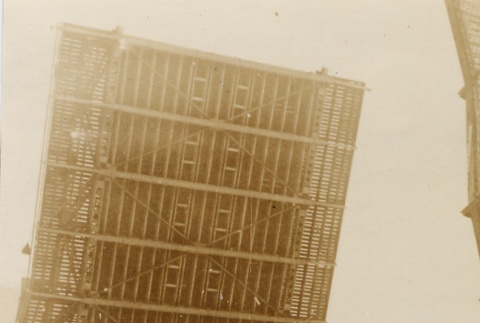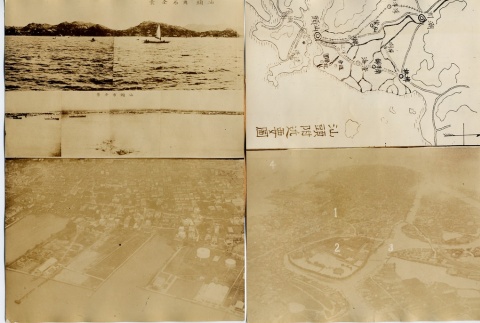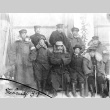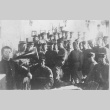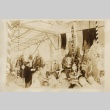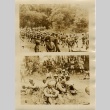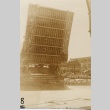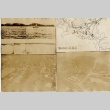160 items
160 items
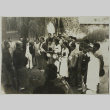
img
Manchuria (ddr-densho-357-621)
Hanako Terakawa's caption: "Visit to Manchuria." Tansai Terakawa stands fifth from the left.


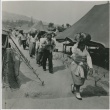
img
Japanese civilians returning from Manchuria (ddr-densho-299-120)
Caption: "Civilians repatriated from Manchuria."
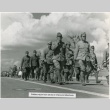
img
Troops coming home from China and Manchuria (ddr-densho-299-102)
Caption: "Troops returning from service in China and Manchuria."
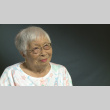
vh
Kiyoko Morey Kaneko Interview Segment 15 (ddr-densho-1000-225-15)
Being followed by a Japanese military officer on a trip to Manchuria
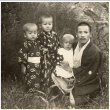
img
Bando family in Manchuria (ddr-densho-494-41)
Photograph of the Densaburo (Muraki) Bando with his three children, Takahashi Bando, Tadao Bando, and Katsumi Bando. Caption on website: "Brother in Manchuria / After the Russo-Japanese War (1905), Japan took over Russia's influence in Manchuria. To exploit the badly needed resources Japan needed from Manchuria, it sent Japanese citizens to colonize the area. One of …
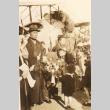
img
Kikuko Matsumoto receiving flowers before a flight (ddr-njpa-4-843)
Caption on reverse [translation]: "First female pilot to fly to Manchuria. Miss Matsumoto departed in clear autumn weather. (Tokyo) October 23, 1934. With the important missions of friendship between Japan and Manchuria and an imperial military inquiry into Manchuria, our female pilot was planning her first flight to Manchuria. Miss Kikuko Matsumoto, 23, from Asia Pilot …
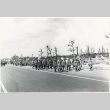
img
Troops returning from Manchuria (ddr-densho-299-106)
Caption: "Soldiers returning from Manchuria. The effect from our fire bombing is evident. With very few / trains running, most of them had to walk."
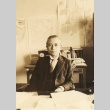
img
Torao Kawasaki (ddr-njpa-4-560)
Caption on reverse [translation]: "Manchuria, Foreign Policy Division. Torao Kawasaki. May 1, 1935."
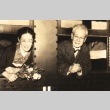
img
Tomitaro Makino and his daughter on a train (ddr-njpa-4-999)
Caption on reverse [translation]: "Dr. Makino visited Manchuria. Although Dr. Tomitaro Makino is 80 years old, he left for Manchuria on the 1st at 8:50 a.m. by train from Tokyo Station, to research the plants of the continent. This picture is Dr. Makino and his daughter, Tsuruyo, from the window of the train."

img
Women's association leader and Manchuria activist (ddr-njpa-4-1051)
Caption on reverse [translation]: "Mrs. Toshiko Masata departed. Toshiko Masata (60), who declared she will devote the rest of her life to Manchuria, got on her way on the 17th at 3:00 p.m. from Tokyo Station. The picture was taken at Tokyo Station."
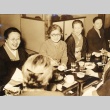
img
Manchuria activist at a dinner party (ddr-njpa-4-1052)
Caption on reverse [translation]: "Mrs. Toshiko Masata's send-off party. Toshiko Masata, who has been working for the cultural improvement of 30 million Manchurians since 1937, has been staying in Tokyo before devoting the rest of her life to Manchuria. At 6:00 p.m. on the 10th at Tokyo Hall, she made her announcement at the send-off party. …
![Newspaper clipping regarding Zhang Xueliang [or Chang Hsueh-liang] (ddr-njpa-1-120)](https://ddr.densho.org/media/cache/10/9b/109bc3fd31edc2368cd84c05904e81be.jpg)
doc
Newspaper clipping regarding Zhang Xueliang [or Chang Hsueh-liang] (ddr-njpa-1-120)
Caption on front: "Launches Rebellion. Marshal Chang Hsueh-liang, former adminstrator of Manchuria, who has taken up arms against General Chiang Kai-shek's Nanking government."
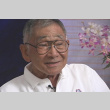
vh
Rudy Tokiwa Interview II Segment 5 (ddr-densho-1000-92-5)
Racism in Manchuria, similarities to the racism endured by Japanese Americans
This interview was conducted at the 1998 Americans of Japanese Ancestry Veterans National Convention, held in Honolulu, Hawaii.
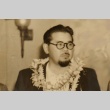
img
Wataru Narabashi, a South Manchuria Railway financial advisor (ddr-njpa-4-1372)
Caption on reverse [translation]: "Wataru Narabashi."
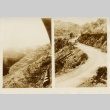
Collection
Nippu Jiji Photograph Archive, "Manchurians" Collection (ddr-njpa-6)
This collection consists of photographs and newspaper clippings under the original "Manchurians" section of the Nippu Jiji photograph library. The materials in the "Manchurians" Collection document events in Manchuria during the 1930s and 1940s.
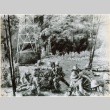
img
Photo of painting showing the Japanese invading oil producing countries (ddr-densho-299-232)
Caption: "The United States placed an embargo on oil to show our displeasure of Japan's incursions into Korea / and Manchuria. Using the embargo as a pretext, Japan invaded oil producing countries saying oil / was necessary for their survival." Ted Akimoto noted that "during the war many large paintings were made by Japanese Army artists. …
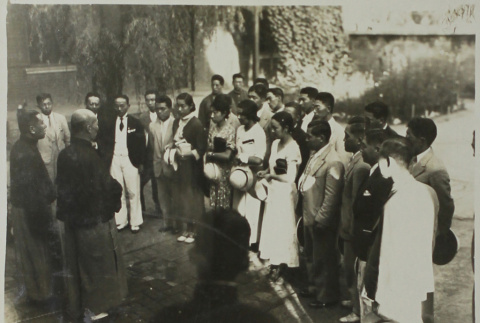
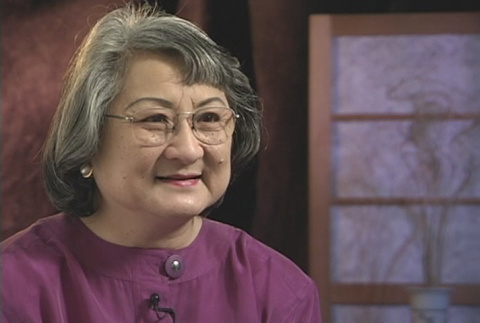
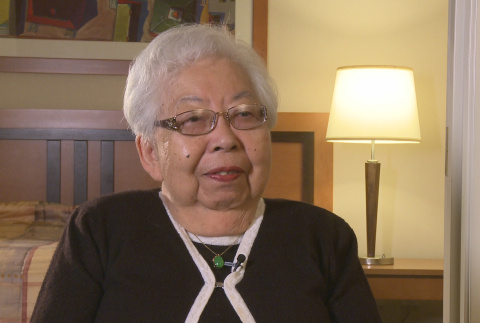
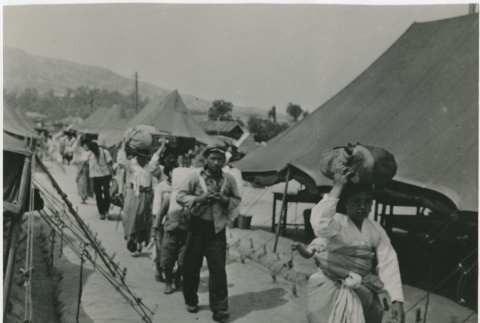
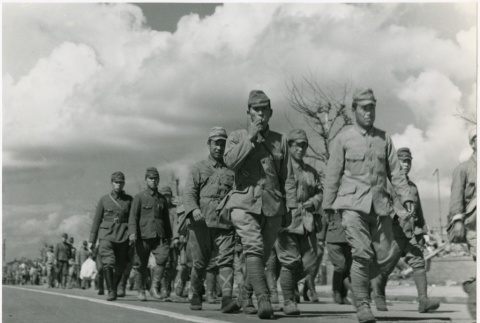
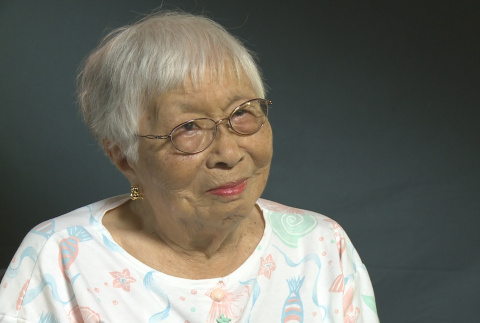
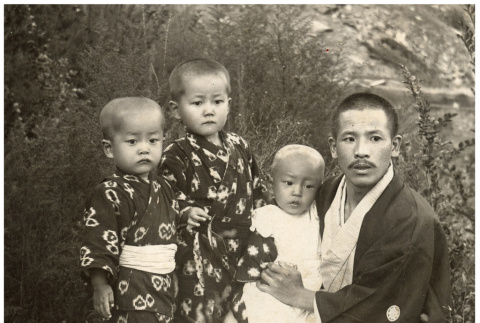
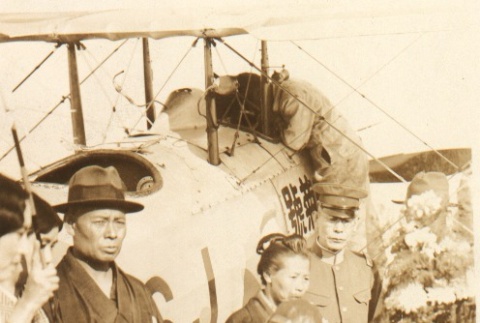
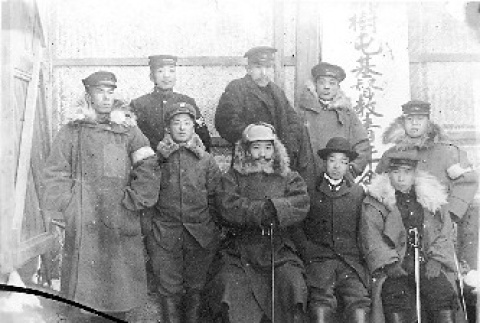
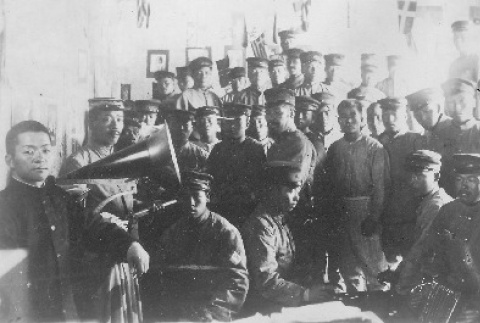
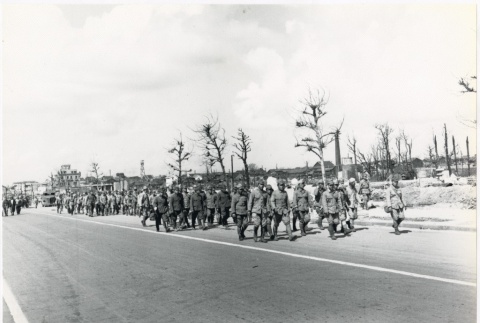
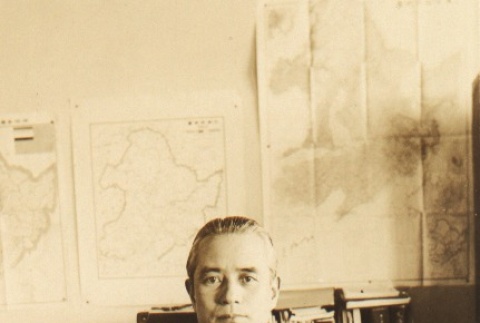
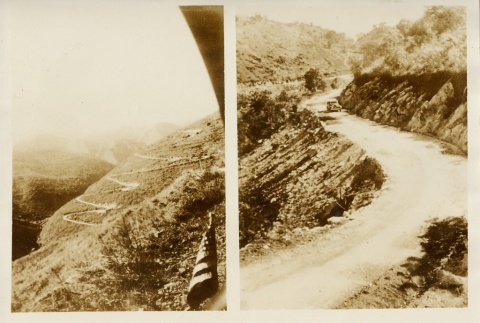
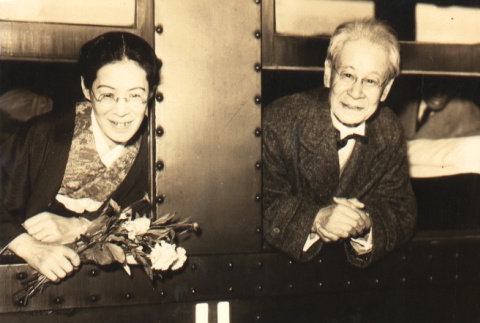
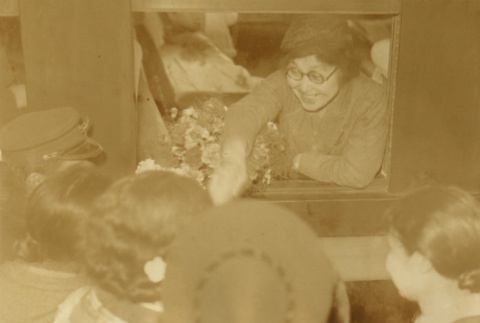
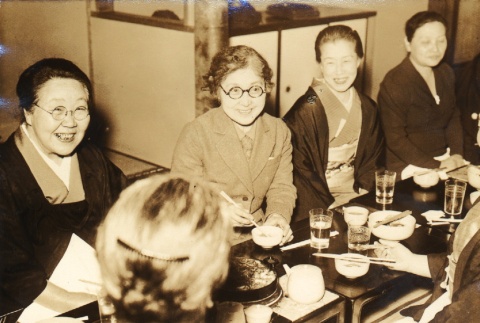
![Newspaper clipping regarding Zhang Xueliang [or Chang Hsueh-liang] (ddr-njpa-1-120)](https://ddr.densho.org/media/cache/69/74/697466c113b8edb9b8564243a536d1d0.jpg)
